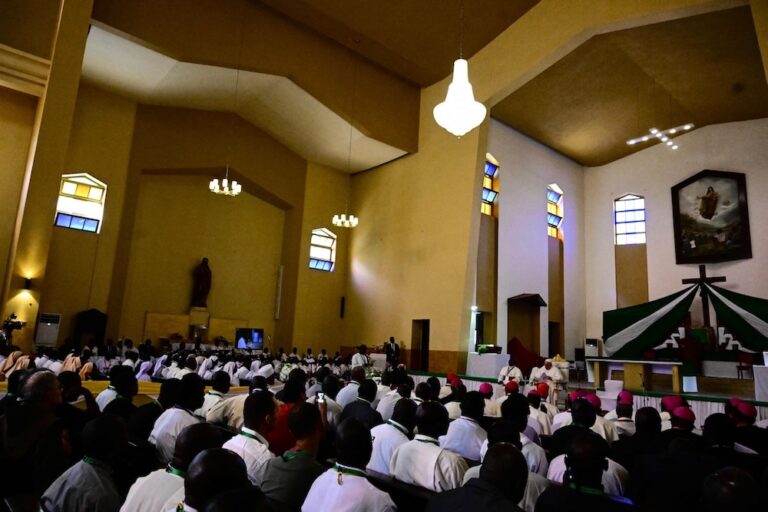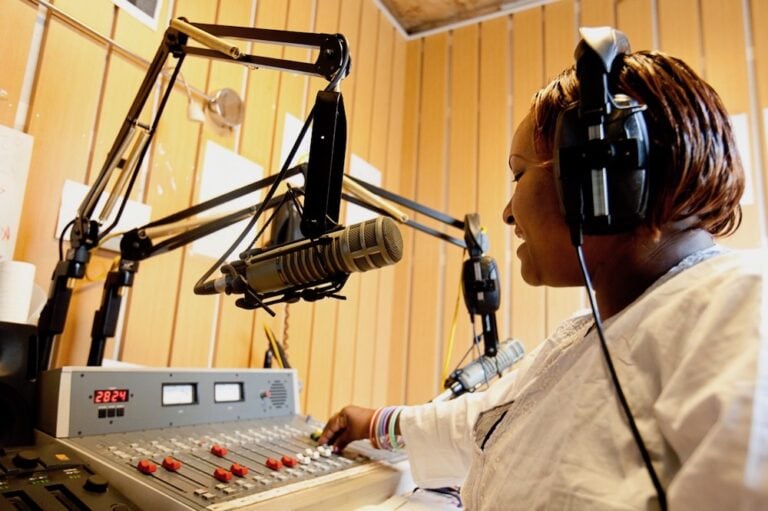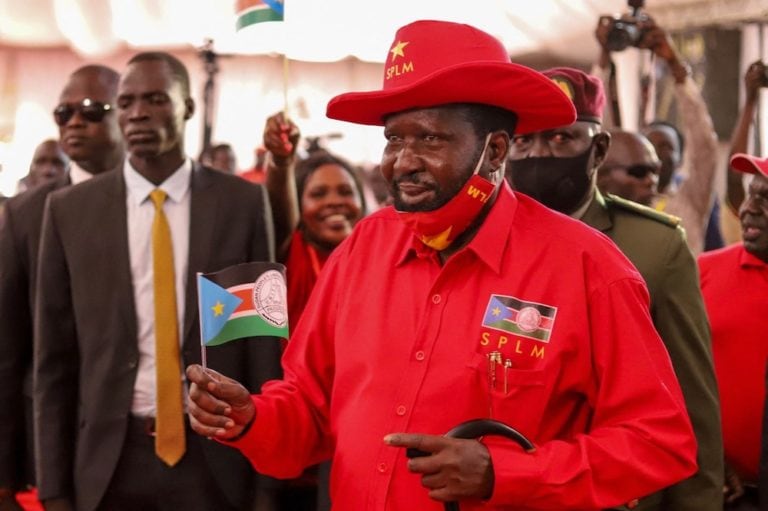ARTICLE 19 is pleased the bill intends to respect international standards for freedom of expression, but points out that improvements are still needed to safeguard the media's independence.
(ARTICLE 19/IFEX) – 26 July 2012 – In June 2012, ARTICLE 19 analysed the Draft of the Media Authority Bill 2012 of South Sudan (Bill No. 52) that is currently pending approval by the Council of Ministers and the Legislative Assembly of South Sudan. The Draft Media Authority Bill 2012 is part of media reform legislation also comprising the Right to Information Bill and the Southern Sudan Broadcasting Corporation Bill.
ARTICLE 19 welcomes the initiative of the Government of South Sudan to create a legal environment and regulatory framework supportive of freedom of expression. In general, the Draft Bill shows that the drafters intended to pay respect to international standards on freedom of expression, and in several parts (especially the provisions on procedural rules) the Bill complies with the respective international standards on freedom of expression.
Nonetheless, ARTICLE 19 believes that the Draft Media Authority Bill requires several improvements in order to create a safe legal environment for the media in the country. In particular, the analysis relies on international standards for freedom of expression and broadcasting that stipulate that the media regulatory body should be independent from government, should have precisely circumscribed powers, and must take measures prescribed by law. Legal remedy should be secured against all decisions of the authority.
In view of the international standards, ARTICLE 19 points out that the Media Authority, as proposed by the Draft Media Authority Bill, will not be independent from the government for a number of reasons. Firstly, its members would be appointed by the joint action of the Minister for Information and Broadcasting, the Council of Ministers, and the President, and can be removed by the President, on the recommendation of the Minister. ARTICLE 19 notes that although apparently more participants contribute to the process, they are all from parts of the government. Furthermore, the Media Authority budget shall depend on government approval; it may accept grants from the government, thereby opening a door for undue influence. The Draft Media Authority Bill also gives the Ministry and governmental entities the right to initiate legal procedures by the Authority, which invites politically motivated procedures against media providers, and means an interference with the Authority’s independence.


